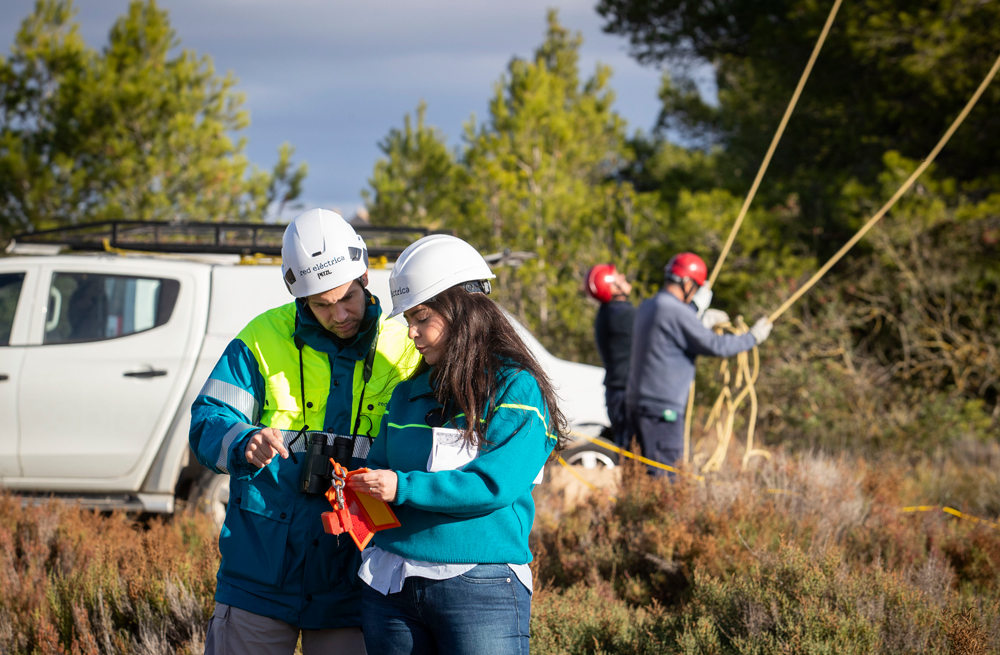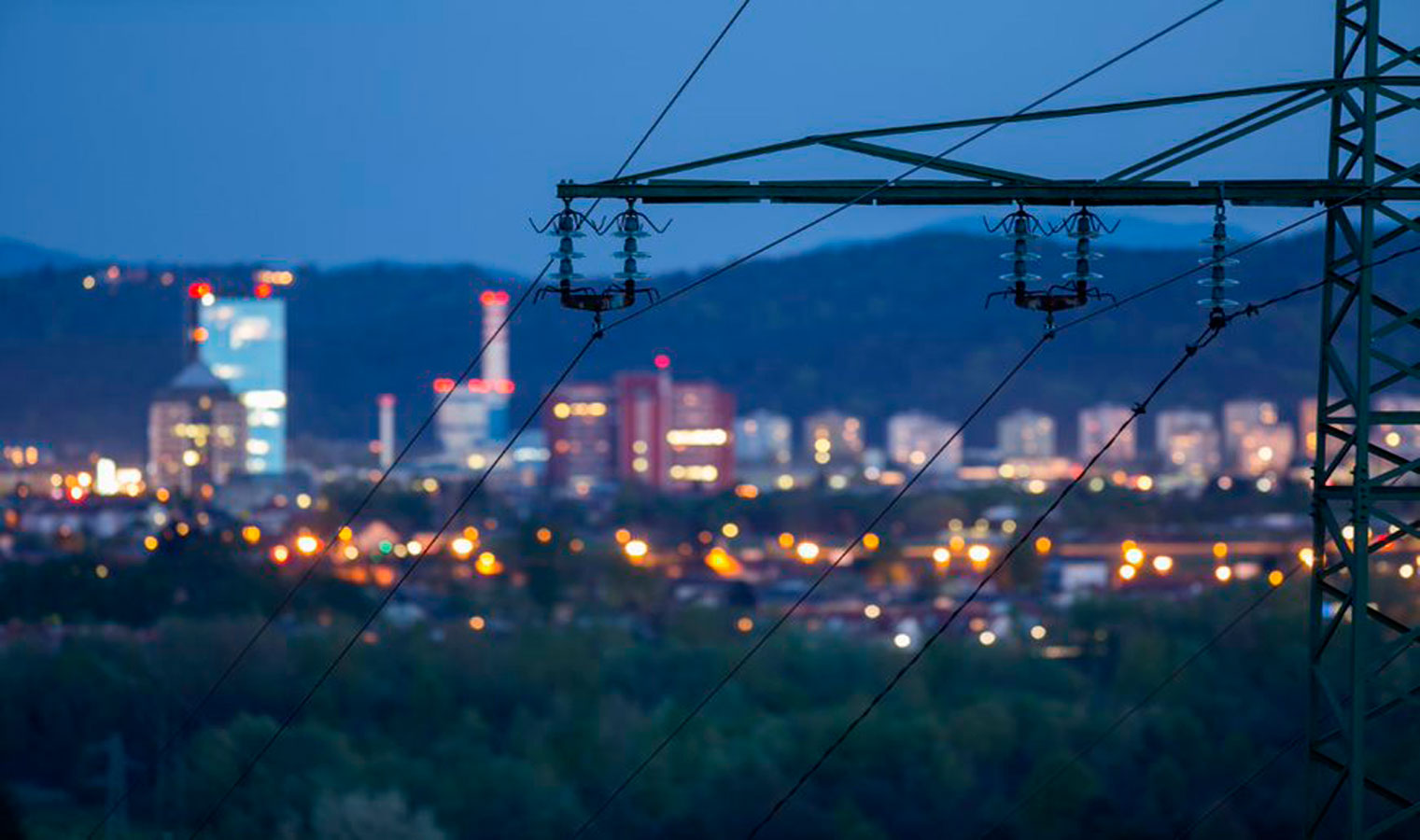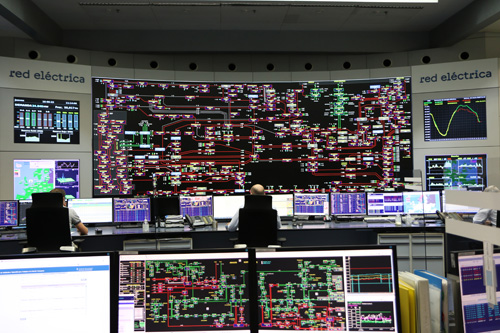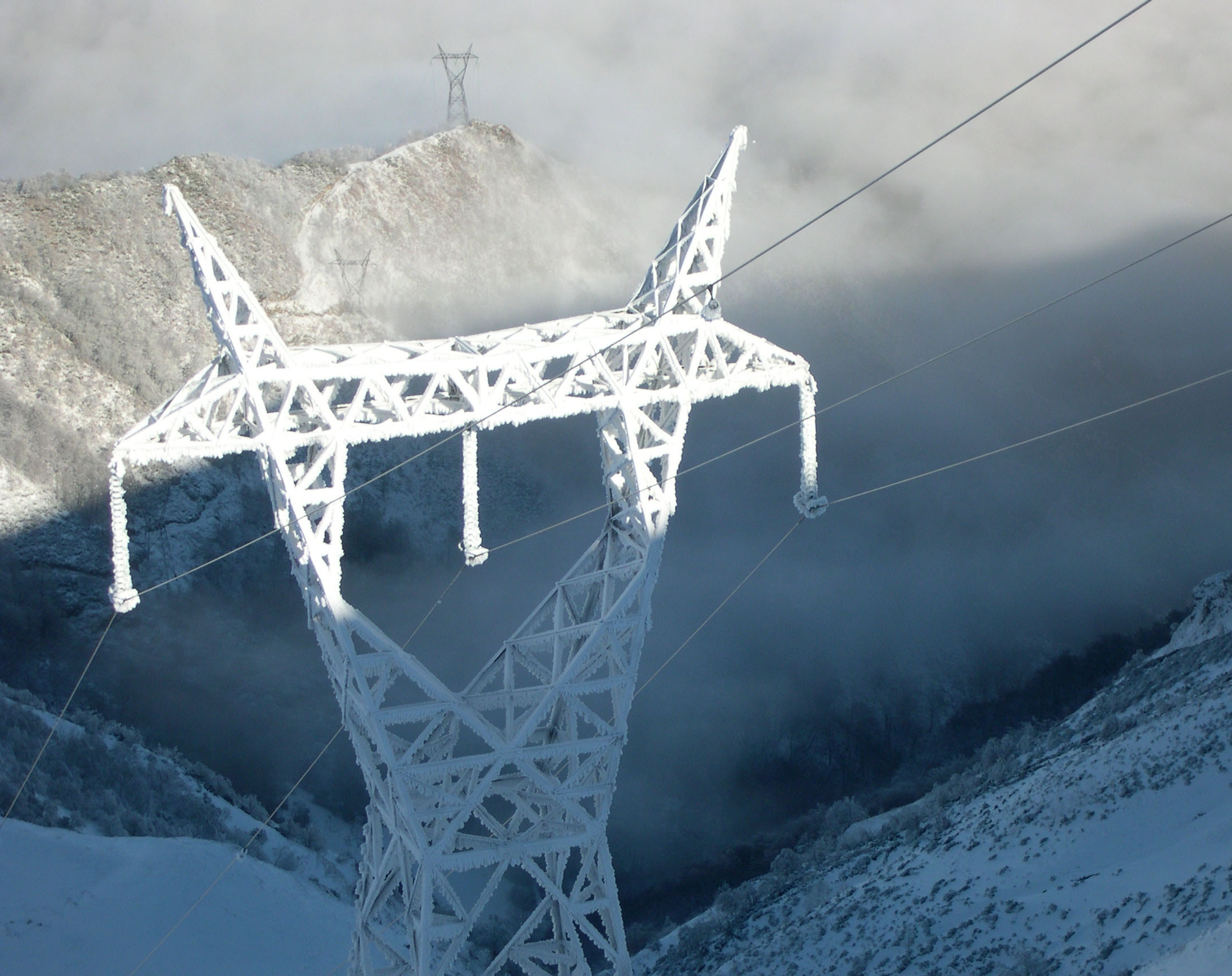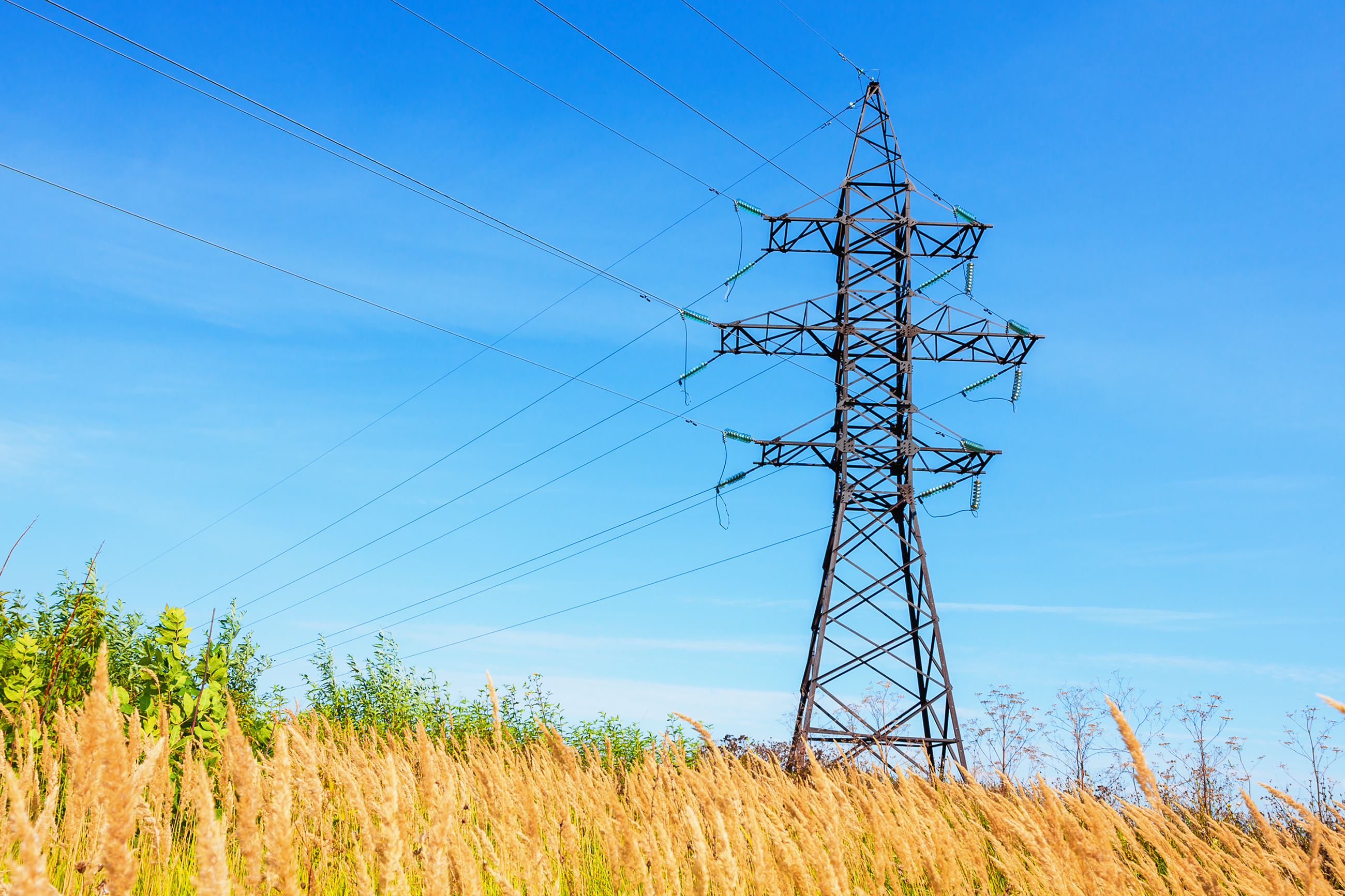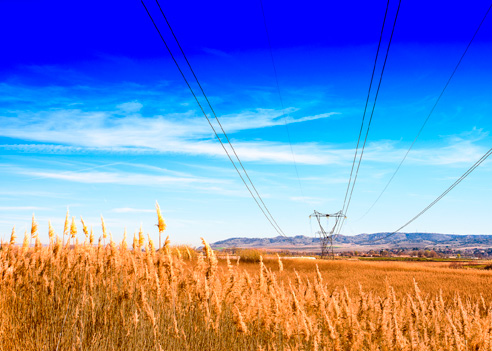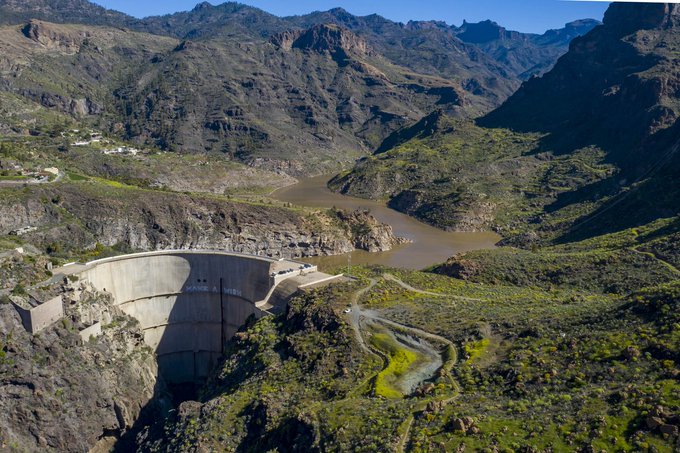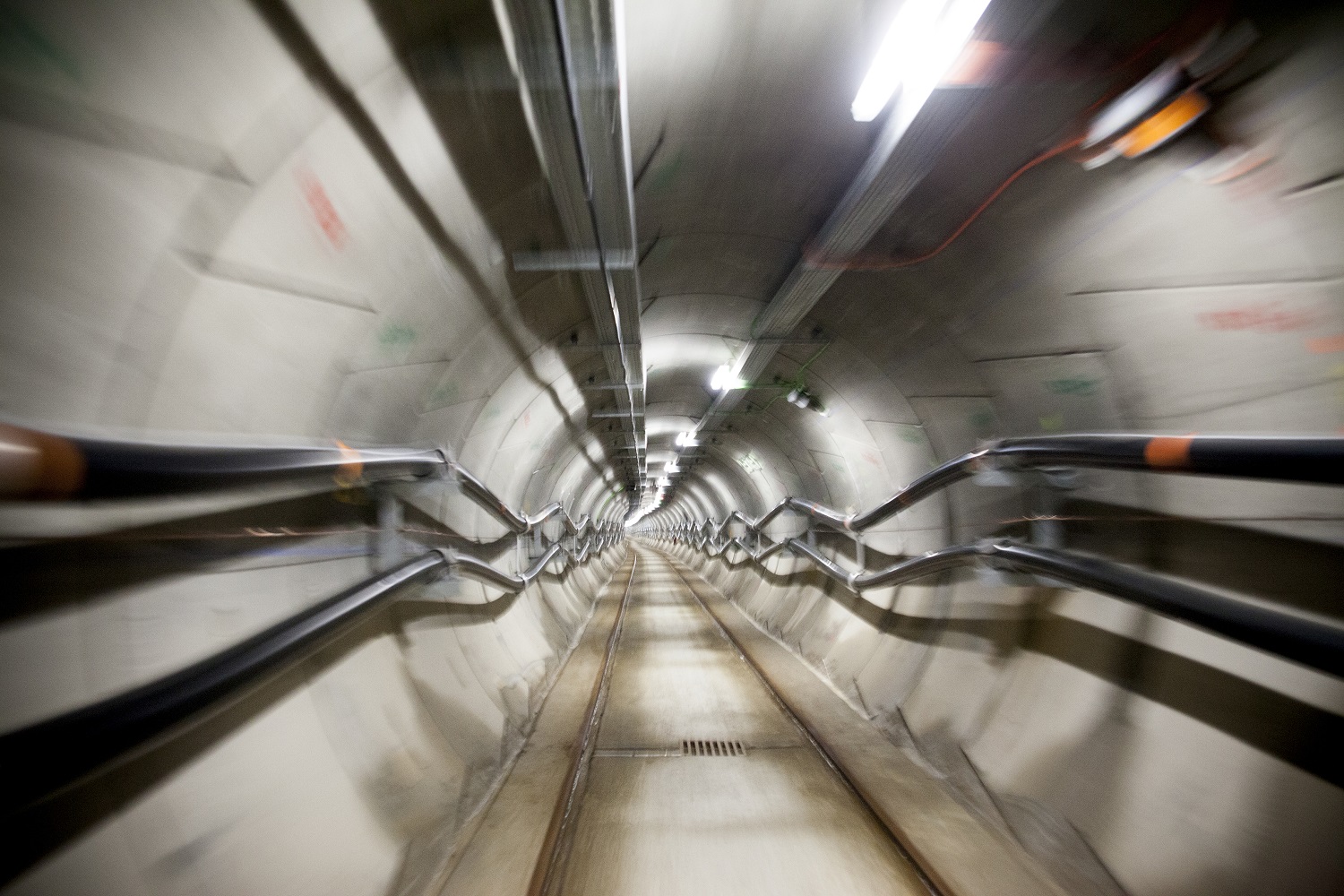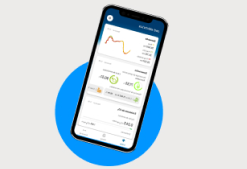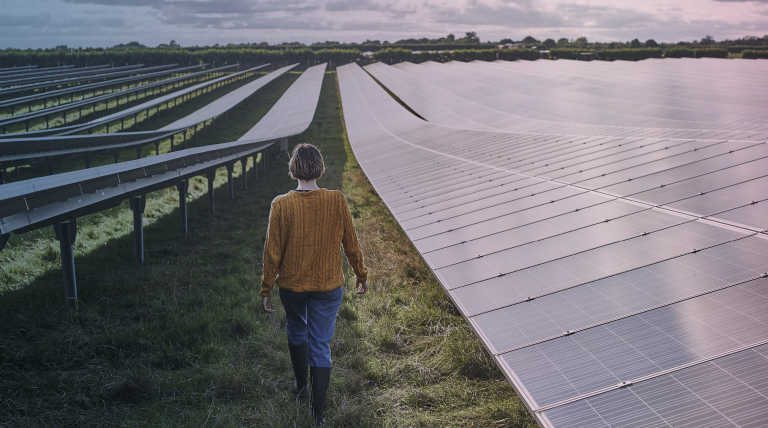For 40 years, we've been driving our country's economic and social progress. Four decades shaping Spain.
The Red Eléctrica Group presents its results for the first half of the year in a context governed by the COVID-19 crisis
- During the COVID-19 crisis, the Company, as the sole transmission agent and operator of the Spanish electricity system, has continued to guarantee the electricity supply and has promoted the integration of energy from renewable sources.
- These results reflect the new regulatory parameters affecting the Company's regulated activities.
Red Eléctrica has published its results for the first half of 2020 in a context defined by the global crisis caused by COVID-19, which has also marked the Group's reality in recent months. During this period, thanks to the measures implemented and the efforts made in recent years, the Company has mitigated the effects of the pandemic at an operational level and has continued to guarantee the electricity supply and telecommunications services with high standards of quality in the countries in which it operates.
The paralysis of economic activity in Spain and Latin America has had an impact on some of the Company’s activities such as the construction of new infrastructure; an area which has registered temporary delays. However, the Company expects that the initially planned levels of investment will be partially recovered in the final months of 2020.
"The health crisis has an unprecedented complexity that does not yet allow us to know exactly what its consequences have been or will be, but here in the Red Eléctrica Group we are working intensely so that however long this situation continues, the management of our infrastructure will not be affected and we will continue to evaluate how the situation is developing in order to minimise its impact on the financial results", said Roberto García Merino, CEO of the Group, today during the presentation of results.
New regulatory parameters
The figures for the first half of the year reflect the coming into force of new regulatory parameters that affect the Company's regulated activities. In this respect, the remuneration rate for transmission assets has been reduced from 6.5% to 6% for the year 2020, and the standard facilities and the benchmark unit values for operation and maintenance per asset have been approved. Furthermore, a new methodology for the remuneration of the system operator activity has been applied. Additionally, this is the first full half year in which Hispasat has been incorporated into the Group's scope of consolidation and the first full quarter for the Brazilian company Argo, whose acquisition was formalised on 26 March. The incorporation of these companies into the scope has helped to partially mitigate the effects of the new remuneration parameters, which has allowed revenues in the first half of the year to reach €977.9 million, 1.5% lower than in the same period last year.
Gross operating profit (EBITDA) stood at €766.2 million, a 1.7% decrease when compared to the same period of the previous year. This amount also includes the contributions to the results of the companies consolidated by the equity method, TEN, Argo and Hisdesat.
Furthermore, profit for the first half of the year was €331.7 million, 8.4% less than that achieved last year in the same period, due to an increase in depreciation and amortisation as a result of the incorporation of new businesses and higher financial expenses, which has resulted in an increase in the volume of debt.
Investments carried out by the Group during the period amounted to €567.3 million, as a result of the acquisition of 50% of the share capital of the Brazilian company ‘Argo’ for €374.3 million. Said company is consolidated under the equity method in the Red Eléctrica Group through the Red Eléctrica International (REI) subsidiary.
With regard to dividends, on 1 July, Red Eléctrica paid a complementary dividend of 0.7792 euros per share. Thus, the dividend paid against the 2019 results was 1.0519 euros per share as defined in the Group's strategic framework.
Red Eléctrica and COVID-19 in Spain
During the crisis caused by COVID-19 in Spain, the main challenge for the Company has been to operate the electricity system in an exceptional context marked by a significant drop in demand, a situation that Red Eléctrica has faced while maintaining high quality standards of service, which has shown grid availability rates in this period of 99% on the Spanish peninsula, 97.6% in the Balearic Islands and 99.2% in the Canary Islands.
In addition, and despite the context, the Company has continued to work on promoting the energy transition in Spain, mainly through the integration of new renewable generation capacity. In these past six months, Red Eléctrica has facilitated the incorporation of 445 MW of wind and 780 MW of new photovoltaic solar power capacity into the system. Thanks to this increase, wind power - with 26,245 MW - is getting closer to overtaking combined cycle as the leading technology (with a capacity of 26,284 MW) within the complete set of generating facilities nationwide. This increase in installed power capacity in Spain has enabled electricity generation from renewable sources to represent 46.1% of the total generation mix in the first half of the year as a whole.
On the other hand, and in line with its commitment to the social and economic development of the territory, the Company launched various projects and collaborations to mitigate the socio-economic impact of COVID-19 when it was in its most virulent phase. Red Eléctrica has focused on vulnerable groups and rural communities, the main victims of the pandemic. Furthermore, it has joined forces with multinational energy companies in the country to launch the Positive Energy+ programme which will help drive and promote 14 projects presented by Spanish startups and that will begin to implement their innovative solutions within a year.
Significant milestones of the half-year period
During these first six months of 2020, Red Eléctrica continued to work with a management philosophy based on a commitment to efficiency and financial discipline, which has enabled it to maintain a solid credit rating. In March and April, respectively, the rating agencies Standard & Poor's and Fitch issued reports on the rating of the companies in the Red Eléctrica Group. Both agencies ratified the ratings granted previously, in the case of Standard & Poor's a long-term rating of 'A-' and a short-term rating of 'A-2', and in the case of Fitch a long-term rating of 'A-' and a short-term rating of 'F2'.
On the other hand, this June saw the commissioning of the subsea electricity interconnection between Majorca and Menorca, an infrastructure that positively improves the security and quality of supply in Menorca. With an investment of €84 million and state-of-the-art technology, the new link will play a substantial role in the energy transition process of the Balearic Islands.
As far as the regulatory field is concerned, on 23 June the Council of Ministers approved Royal Decree-Law 23/2020 which includes measures to boost the energy transition and defines it as a unique opportunity to promote economic recovery in line with the pathway marked out by the European Green Deal. This Royal Decree was subsequently approved by the plenary session of Congress on 15 July. Among other aspects, the regulation modifies the percentage of annual investment in the transmission grid in relation to GDP (from 0.065% to 0.075%) in the three-year period 2020-2022 and also some specific aspects of planning in order to incorporate strategic installations linked to the energy transition.
In addition, on 2 July the Spanish National Commission of Markets and Competition issued a report on the ‘Initial proposal for the development of the transmission grid’ for the period 2021-2026 submitted by Red Eléctrica de España, as System Operator and Manager of the electricity transmission grid. This report rated the Company's proposal favourably, as it includes the needs of the grid in order to move forward with the energy transition along the path defined in the Integrated National Energy and Climate Plan. These needs have been initially valued at €5,684 million. In addition to this amount, the Company also foresees investments totalling €759 million in international interconnections.
Lastly, this July the Group presented the new brand of its technological subsidiary, Elewit, which was set up in 2019 to promote innovative solutions in the fields of electricity and telecommunications. During the first half of the year, the Group, through its subsidiary Elewit, has participated in two investment projects focused on the promotion of sustainable mobility and cybersecurity.

